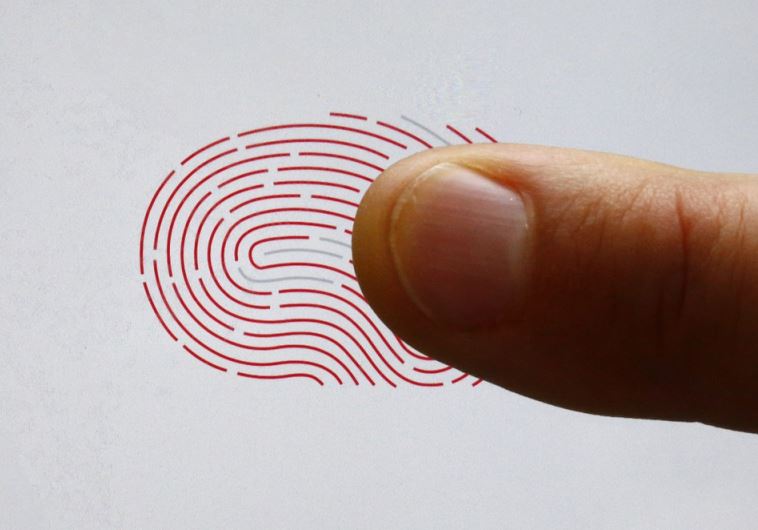IDs can be hacked, biometric database authority reveals
Admission seen by some as validating claim that the biometric database project could result in an invasion of citizens’ privacy.
 A person uses a sensor for biometric identification on a smartphone in Berlin
A person uses a sensor for biometric identification on a smartphone in Berlin